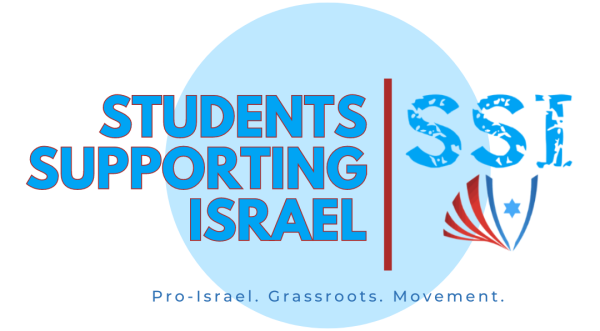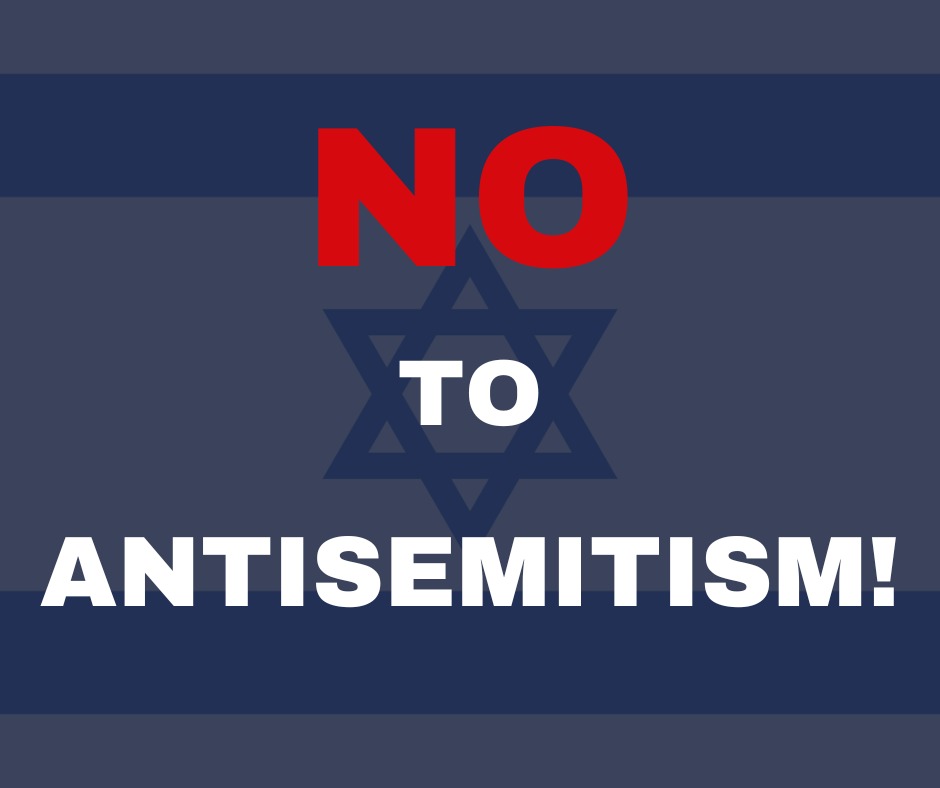Over the past three weeks, many have noticed a rise in antisemitism due to the war in Israel that was started by the terrorist organization, Hamas. According to the Anti-Defamation League, antisemitism rose by nearly 400% since October 7th and is continuing to rise. Some of the antisemitic events greatly impacted colleges and their students. This increase was led by protests on college campuses and social media feuds that were caused by the war. Furthermore, there have been burnings of college dorms, attacks on Jewish students, and also losses in funding for some of the colleges. College administrators need to find ways to condemn any group that supports a terrorist organization on their campuses and stop the rise of antisemitism.
Many well-known universities like New York University, the University of Minnesota, Harvard University, the University of Pennsylvania, Cornell University, and many more have experienced a rise in antisemitic behavior on their campuses, whether it may be from a college professor or a student on campus. “An instructor at Stanford University has been removed from teaching duties as the school investigates reports that during a discussion on the conflict between Israel and Hamas, the instructor downplayed the Holocaust and singled out students ‘based on their backgrounds and identities,’”CNN reported. Administrators at multiple universities have either been doing nothing about the current situations or have been making it worse. According to the ADL, “On Wednesday, October 25, 2023, students at more than 100 U.S. college campuses staged walkouts demanding an end to U.S. aid to Israel and that their institutions divest from weapons companies allegedly involved with Israel.” This is a significant number of colleges and their students and out of that 100, there were a total of 65 colleges that ended up participating in this event. Some of these protests were aggressive and included violent speech. “In the last few weeks, I was giving an interview with a reporter about the situation,” Yehuda Jian, Campus Coordinator said. “And some guy came up behind me and just yelled f*** Israel, while I was on camera.” In another example, Sophia Witt, the Executive Vice President of Students Supporting Israel (SSI), reported experiencing antisemitism in a variety of ways. “I don’t know that a Jew who has stepped foot on a college campus has NOT experienced antisemitism, unfortunately,” she said. “I have been targeted, threatened, had my pictures defaced, and heard every antisemitic trope thrown at me—from Jews created 9/11, to how we control the media (which today, is VERY evident that we, certainly, do not.)” These are just a few examples from people that experienced what antisemitism really is.
Antisemitism has also affected funding at some schools as alumni donors are discontinuing donations because of university administrations’ lack of effectiveness in condemning antisemitism on campus. According to the The New York Times, “At Harvard, a billionaire couple quit an executive board. Another donor pulled money for fellowships.” Loss of support might affect both school rankings and future application numbers.
Though antisemitism won’t stop instantly, there are ways that we can prevent and combat it. There are organizations on college campuses such as SSI, which has over 180 chapters in America, Canada, and Europe.

This organization helps students and provides them with support through tough times, especially with what is going on right now. “SSI has hosted over 200 events, rallies, vigils, and protests mobilizing over 25,000 students on campuses across North America,” Witt said. “Because of the overwhelming need for a unified club like Students Supporting Israel on campuses, we have added 45 new chapters since the beginning of the school year (30 of them being from October 7th on…). It is our mission, since our first established chapter in 2012, to be a clear and confident pro-Israeli advocacy. We have trained and prepared for days like these, and most importantly, to give students the support they need to never walk alone during times as catastrophic as this.” President of SSI Ilan Sinelnikov founded the organization in 2012 with the mission of creating a safe place not only for Jewish students, but for everyone.
Other than organizations, there are amazing people that try to help on campuses as well. “The main thing I’ve been doing is standardizing resources, links to aid … that students can use. I’ve been sending resources videos, articles, petitions, different examples of student government resolutions, and speeches that students can all use across group chats and making sure that we’re all best prepared for any situation that can come up on our campus to be proactive,” Justin Feldom, former National Activism Manager at IAC Mishelanu, said.
As Rabbi Hiliel once said, “If I am not for myself, who will be for me?” The administration should not be the only ones to stand for us; we should also stand for ourselves.
Overall, college administrators should be stopping antisemitism on their campuses and stop their students from supporting terrorist organizations because when these students are doing this they are not just hurting Jewish students in the surrounding area, they are hurting the entire college and everyone on campus.














































































































































